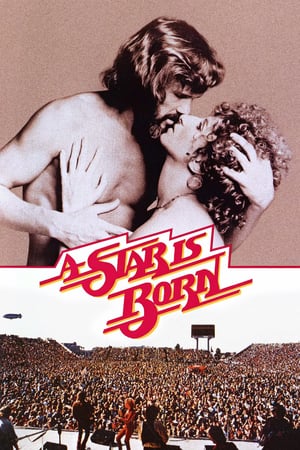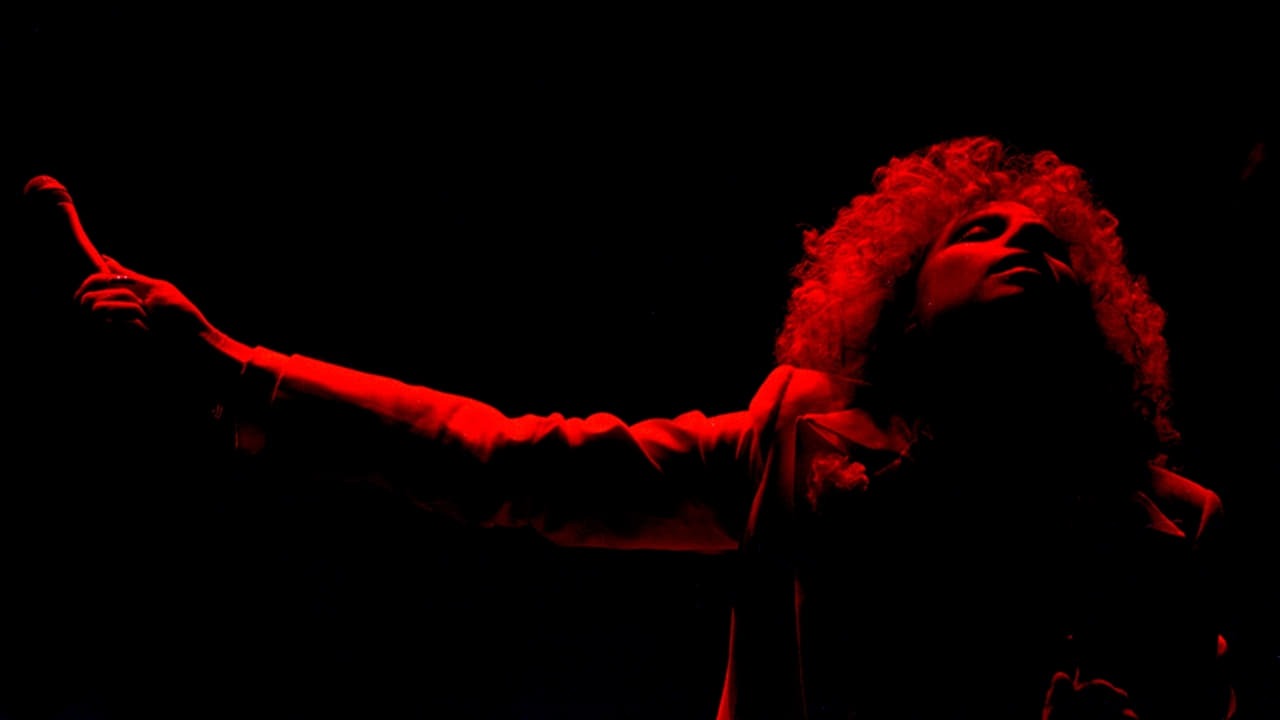
A review in brief
Two terrific versions of the highly melodramatic story A Star Is Born - three if you count the original 1932 What Price Hollywood? (as you absolutely should), the same material in all but name - was perhaps already pushing it, but least the 1976 incarnation of the story tries to freshen the material by changing the setting from the movie industry to pop music. That doesn't entirely work out in practice, owing to the differences in image management between classical Hollywood and the '70s music industry, and it's only the least of the problems that brings the movie down to its knees.
One can have heard rumors and mutterings for years, as I had, that the '76 Star Is Born is nothing but a colossal ego trip for star-producer Barbra Streisand (who won the film's only Oscar, for the gooey love ballad "Evergreen", co-written by Paul Williams), but it's impossible to be prepared for how all-encompassingly dreadful a movie it is. It's not simply that the screenplay, assembled by too many cooks who clearly didn't work in the same kitchen, sacrifices its dramatic integrity in favor of giving Streisand one moment after another to show off. Though it's not possible to have enough favorable feelings for the star nor her vehicle to excuse the grotesqueness of extending the sodden 139-minute film's ending by a good quarter of an hour beyond its natural stopping point just to facilitate a showstopping solo number at the end.
But really, everything about the movie, save perhaps for its nifty grit-soaked concert-doc cinematography (by Robert Surtees, Oscar-nominated), is just embarrassing hackwork. Kris Kristofferson, cast as the third wheel in the love story between Streisand and herself, ambles in like a guy who figures that you'll buy him a beer if he has a relaxing enough smile, while the rest of the cast shuffle around in the background; the luckier ones get to furrow their brows and look sad at the thought of Kristofferson's drinking. Occasionally, a pair of African-American backup singers materialise to give the film a jolt of incongruous lazy racism. As a work of craft, the film begins and ends with Surtees; the '70s fashions are charmingly dated, but still more campy than anything, and the less said about the raw editing in some of the singing scenes, the better.
No, the film lives and dies on Streisand's talent, which is of course considerable, but sabotaging the drama to get us there is hardly worthy of anybody's time or energy, hers least of all. I would at this point name some of the films to better show off her iconic vocal powers, her loopy screen presence and comic timing, or her gift for turning woundedness into lashing anger, but it would take too long: all of Streisand's films are better showcases than this, even the most overt vanity projects. And yes, I have seen The Mirror Has Two Faces.
One can have heard rumors and mutterings for years, as I had, that the '76 Star Is Born is nothing but a colossal ego trip for star-producer Barbra Streisand (who won the film's only Oscar, for the gooey love ballad "Evergreen", co-written by Paul Williams), but it's impossible to be prepared for how all-encompassingly dreadful a movie it is. It's not simply that the screenplay, assembled by too many cooks who clearly didn't work in the same kitchen, sacrifices its dramatic integrity in favor of giving Streisand one moment after another to show off. Though it's not possible to have enough favorable feelings for the star nor her vehicle to excuse the grotesqueness of extending the sodden 139-minute film's ending by a good quarter of an hour beyond its natural stopping point just to facilitate a showstopping solo number at the end.
But really, everything about the movie, save perhaps for its nifty grit-soaked concert-doc cinematography (by Robert Surtees, Oscar-nominated), is just embarrassing hackwork. Kris Kristofferson, cast as the third wheel in the love story between Streisand and herself, ambles in like a guy who figures that you'll buy him a beer if he has a relaxing enough smile, while the rest of the cast shuffle around in the background; the luckier ones get to furrow their brows and look sad at the thought of Kristofferson's drinking. Occasionally, a pair of African-American backup singers materialise to give the film a jolt of incongruous lazy racism. As a work of craft, the film begins and ends with Surtees; the '70s fashions are charmingly dated, but still more campy than anything, and the less said about the raw editing in some of the singing scenes, the better.
No, the film lives and dies on Streisand's talent, which is of course considerable, but sabotaging the drama to get us there is hardly worthy of anybody's time or energy, hers least of all. I would at this point name some of the films to better show off her iconic vocal powers, her loopy screen presence and comic timing, or her gift for turning woundedness into lashing anger, but it would take too long: all of Streisand's films are better showcases than this, even the most overt vanity projects. And yes, I have seen The Mirror Has Two Faces.






